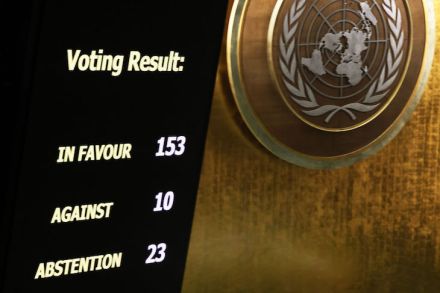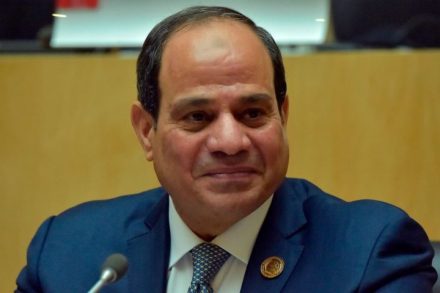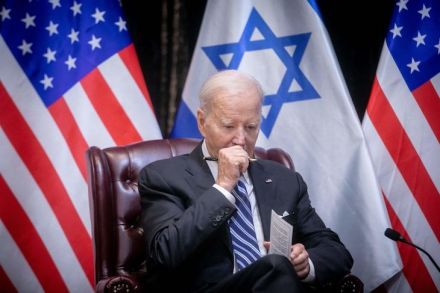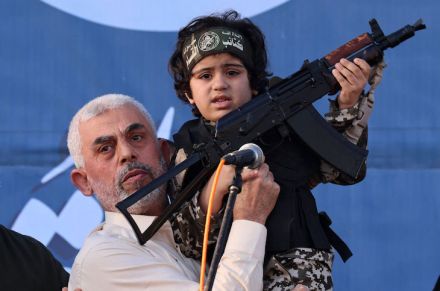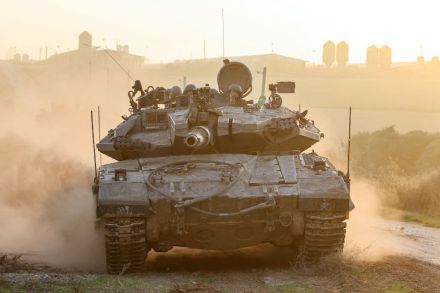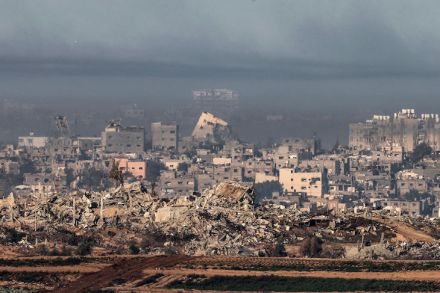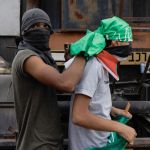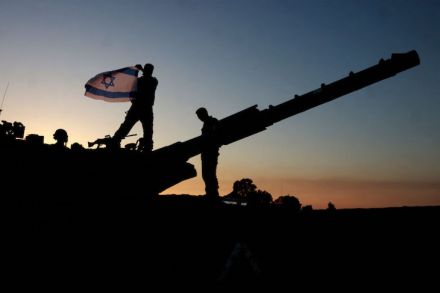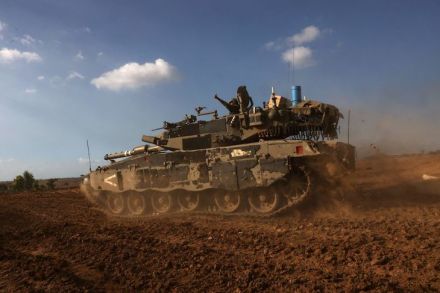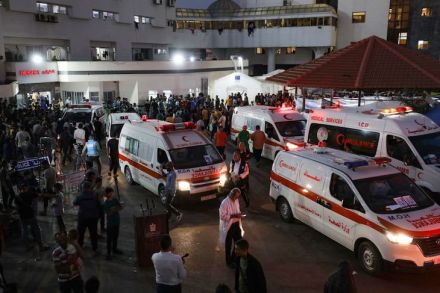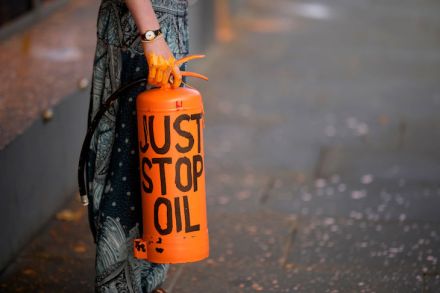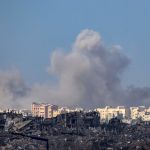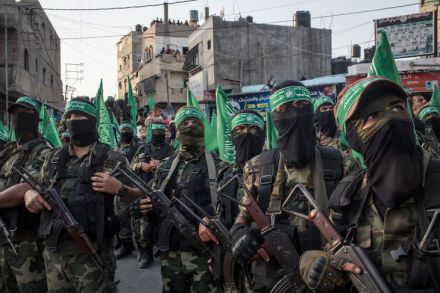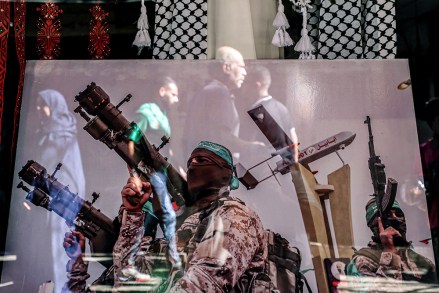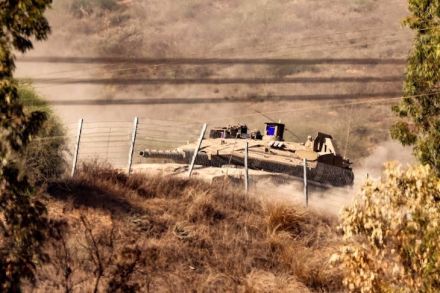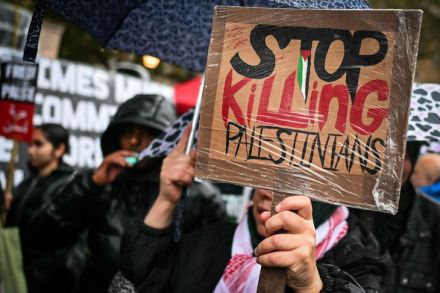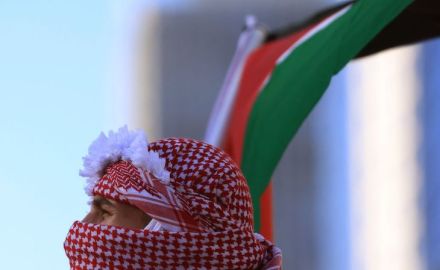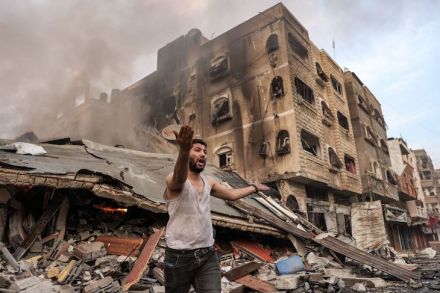‘A war for Middle East stability’: Israeli President Isaac Herzog on what’s at stake in the conflict with Hamas
President Isaac ‘Bougie’ Herzog is Israeli aristocracy. His father, Chaim Herzog, was the sixth president, serving between 1983 and 1993; his grandfather Yitzhak Herzog was chief rabbi; his maternal uncle was Abba Eban, the most famous of the country’s foreign ministers. After leading the Israeli Labor party and the parliamentary opposition in the Knesset between 2013 and 2017, Isaac became Israel’s 11th president in July 2021. He is the first to be born in Israel since the Declaration of Independence 75 years ago. My first question rather asks itself: how is the war going? ‘Depends on what you mean by war,’ Herzog quickly replies, before turning the discussion away from



